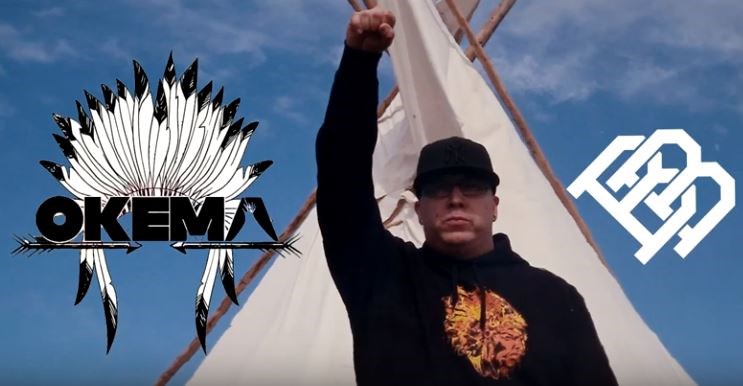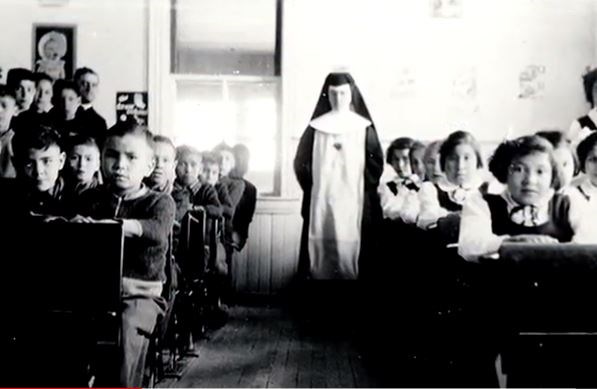Editor:
As a young indigenous woman, I am moved by the song Life of a Native by Okema. This song represents parts of what we have learned about culture conflict and speaks on many different subjects that revolve around being an Indigenous person.
The subjects that Okema mentions in this song are things that many First Nations people go through; things such as discrimination, colonization of our people and our cultural/traditional ways being suppressed. He speaks on residential schools, how we are having a hard time healing and being able to find out who we are as people with the society that we live in today.
This song relates to culture conflict as it shapes how we as Indigenous people think and the way we deal with conflict. It changes our outlook on life because of the trauma that generations before us suffered when they were forced into residential schools.
That alone took away who we are as people. We were told to live a certain way and stripped of our basic human rights.
Some of the things that I can personally relate to is the discrimination that comes along with being an Indigenous person. It is the feeling that I cannot be trusted or depended on. It is going into a store or public place and having security or store workers following and watching every move.
It is people distancing themselves when around me because the sight of my skin colour makes them uncomfortable.

When I get on the bus, there is the odd person going out of their way to avoid me - sitting seats away from me and checking every few seconds to see what I am doing.
When I think about what Okema mentions in his song, I think of all of the things that come with it. Colonialism, suppression and trying to heal from traumas. The experiences that come with that topic is growing up with parents who went through so much hatred, anger and pain. Feeling like you have to learn all the “socially accepted” ways of life at such a young age, just to teach your parents they are loved, they are cared for and that they are worthy of what we call life. Hearing the horror stories and experiences first hand.
The way it completely tore my parents apart and changed who they are. Having parents who didn’t grow up on love is a whole new problem in itself. My parents have no idea how to deal with conflict and life in general. They were taught that their feelings were invalid.
Growing up and living in that unhealthy mindset that residential schools put not only on my parents, but my people as well, has only caused lifetime trauma and unhealthy ways of living. You cannot learn new things when you weren’t given the tools. The only thing that residential schools have ever taught my parents is survival.
What happened to them reflects on me. It was never physical, but the things we could have learned, the knowledge we could have inherited. Instead, it is up to me to search for those things, things I don’t even know what I am searching for. It was never my parents’ fault. How could they teach us things that they never had a chance to learn?
Pearl Johnny, New Westminster



